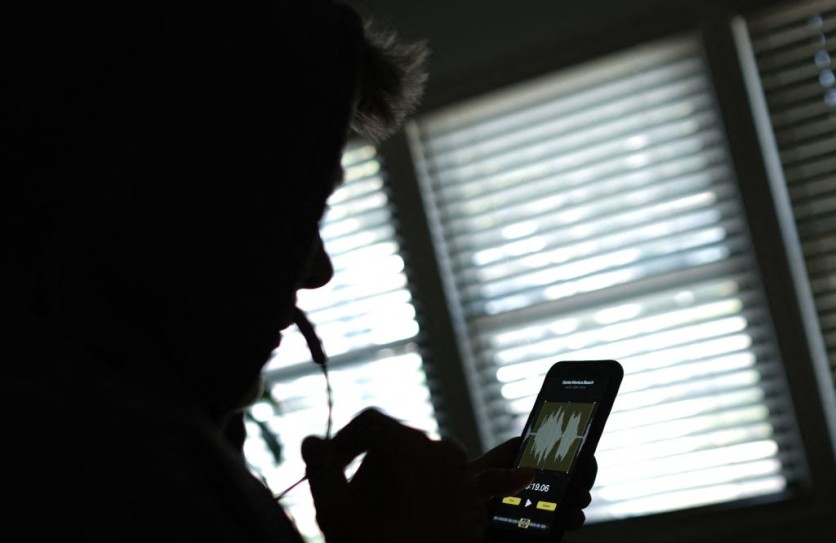Law enforcement agencies have been using Cellebrite's phone hacking technology to access locked devices. However, recent revelations unveil confidentiality clauses in agreements with government bodies, urging strict non-disclosure about the technology and its usage.

Maintaining Secrecy on Phone Hacking Technology of Cellebrite
Across the globe, law enforcement agencies have long relied on Cellebrite's phone hacking technology to access the contents of locked devices. Additionally, the company has actively advocated for the discreet utilization of its technology.
However, recent revelations indicate that Cellebrite includes stipulations in its agreements with government entities, urging users to maintain strict confidentiality about the technology and its application.
Interesting Engineering reported that this approach has sparked unease among legal experts who contend that such potent technology, like Cellebrite's offerings, and its employment by law enforcement should be subjected to public scrutiny and oversight.
A leaked training video obtained, intended for law enforcement customers, features a senior Cellebrite employee advising that maintaining the confidentiality of methods is crucial, emphasizing the importance of discretion in handling extracted data.
The leaked video underscores the company's emphasis on avoiding the exposure of techniques during legal proceedings. The employee expresses concern in the video about techniques leaking in court through disclosure practices or testimonies, potentially undermining the efficacy of the evidence presented.
This situation spotlights the intricate challenge of maintaining the balance between safeguarding sensitive law enforcement methods and upholding the principles of accountability and fairness within the justice system. This current circumstance appears to be quite different from the report released in April 2021.
Previously, the company openly shared its satisfaction with the media about its role in assisting with the apprehension of two juvenile criminals involved in a murder case in Brazil. The contrast between the past positive publicity and the current circumstances is notable.
Also Read : Android Users Beware! Security Flaw on Apple's Audio Codec Exposes Smartphones to Attacks
Concerning Legal Experts
The request for discretion raises concerns among legal professionals who emphasize the need for transparency in obtaining judicial approvals for searches and using specific data and evidence in court. This confidentiality, they contend, undermines defendants' rights and the broader public's rights.
TechCrunch reported that experts point out that the outcomes produced by such highly secretive products are utilized in court to establish a person's guilt in a crime.
Riana Pfefferkorn, a research scholar at Stanford University's Internet Observatory, highlighted the importance of understanding the functionality of Cellebrite devices.
She emphasized that the accused, whether through legal representatives or experts, should be able to comprehensively comprehend how these devices operate, examine them, and ascertain their accuracy and potential flaws that could influence the results.
Pfefferkorn added, "And anyone testifying about those products under oath must not hide important information that could help exonerate a criminal defendant solely to protect the business interests of some company."
Hanni Fakhoury, a seasoned criminal defense attorney specializing in surveillance technology, noted that the necessity for disclosure lies in enabling the defense to assess whether there were any legal issues in the evidence's acquisition.
This assessment ensures the defense's ability to raise challenges if necessary. Contrarily, the Cellebrite employee argues in the leaked video that divulging their technology's usage could potentially benefit criminals and complicate the operations of law enforcement agencies.

![Apple Watch Series 10 [GPS 42mm]](https://d.techtimes.com/en/full/453899/apple-watch-series-10-gps-42mm.jpg?w=184&h=103&f=9fb3c2ea2db928c663d1d2eadbcb3e52)



